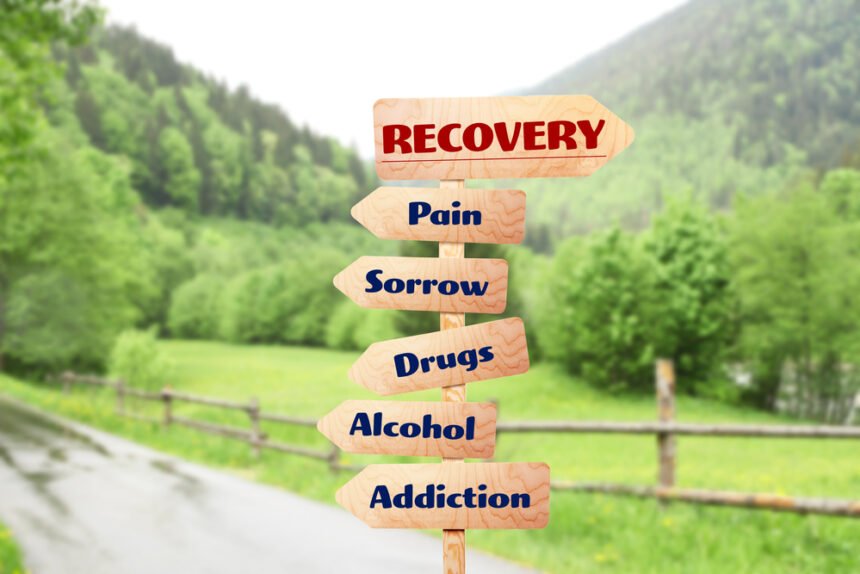While it’s fortunate and positive that mental health is at the forefront of public discussion during this pandemic, it does little to soothe the alarm one feels when they see the numbers. It’s been estimated that as many as 8.4 million people in England alone are now in the higher-risk drinking category – a doubled figure from earlier in the year in February before the lockdown began in earnest.
And while quarantine and isolation are the appropriate and understandable answers to COVID-19, the stark reality before us is that of a country in the vice grip of a surge in addiction and addictive behavior.
A problem made worse alone
Popular discourse on addiction tends to focus on the substances and activities in question. We all know of the addictive qualities of cocaine, of the way in which alcohol can lead to the ‘shakes’ and a strong physical and mental urge to drink again, even when in the midst of a savage hangover.
There are actually a number of approaches to treating addiction. Behind this lies the social aspect of the issue. A person struggling with problematic substance misuse and dependency will invariably find themselves drifting towards isolation, with fewer checks in place by friends and peers allowing them to self destruct more easily.
And so, the picture becomes clear when we look at the environment the pandemic has placed us in. Other problems notwithstanding, the simple fact that adults are isolated in private islands adrift in a sea of uncertainty and negative news is enough to sweep many into the downward spiral of substance abuse.
Converging factors
But it isn’t just isolation. COVID-19 has produced a perfect storm of stressors that all combine to overwhelm adults across the country, eliciting an understandable response: turning to drink and drugs to make them feel just a little better here and now.
With hundreds of thousands laid off or placed on tenuous furlough and no certain end in sight, fear over an unclear future is causing a spike in stress. Parents are unsure about income and, by extension, their ability to care for their children. Career professionals are seeing their progression halted and young hopeful job-seekers are back on government assistance as interest in new hires dries up.
In life and in the fight against addiction, we all have a limited reserve of mental strength with which to fight the urge to turn to substance abuse as a means to cope. With so many factors arriving simultaneously, it’s entirely understandable that we are now seeing a spike in addiction across the country and the world. It isn’t the fault of those drinking and using drugs; it’s simply a response to a world that has suddenly become more hostile, scarier to live in and with an unclear future. This is why rehabilitation programs are so important.
Digital addiction treatment
Understandably, adults are looking for solutions to their personal crises. None of us wants to live in a self-destructive way and guilt over the abuse of substances and addictive behaviours is a natural and understandable response.
Online addiction has risen to the occasion during the COVID-19 pandemic. More affordable than residential rehabilitation, the ability to meet adults where they are right here and right now is also making professional treatment and support more approachable and accessible than ever before.
Many adults struggle to face up to the prospect of visiting a residential centre in person – if they can even afford the price. While modern programmes have broken down barriers of this such as cost, it’s still difficult. And many adults simply can’t travel.
With the continuum of care for addiction in the UK famously limited via the National Health Service, part of the burden of addiction treatment is now being borne by the many addiction centres across the country which are working with adults digitally, providing online addiction rehab to help them heal, overcome and return to a life with dignity, peace and freedom from substance abuse.

